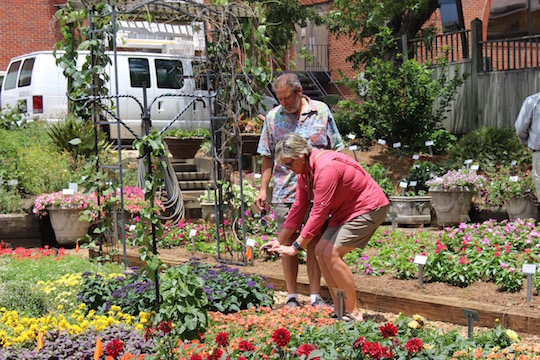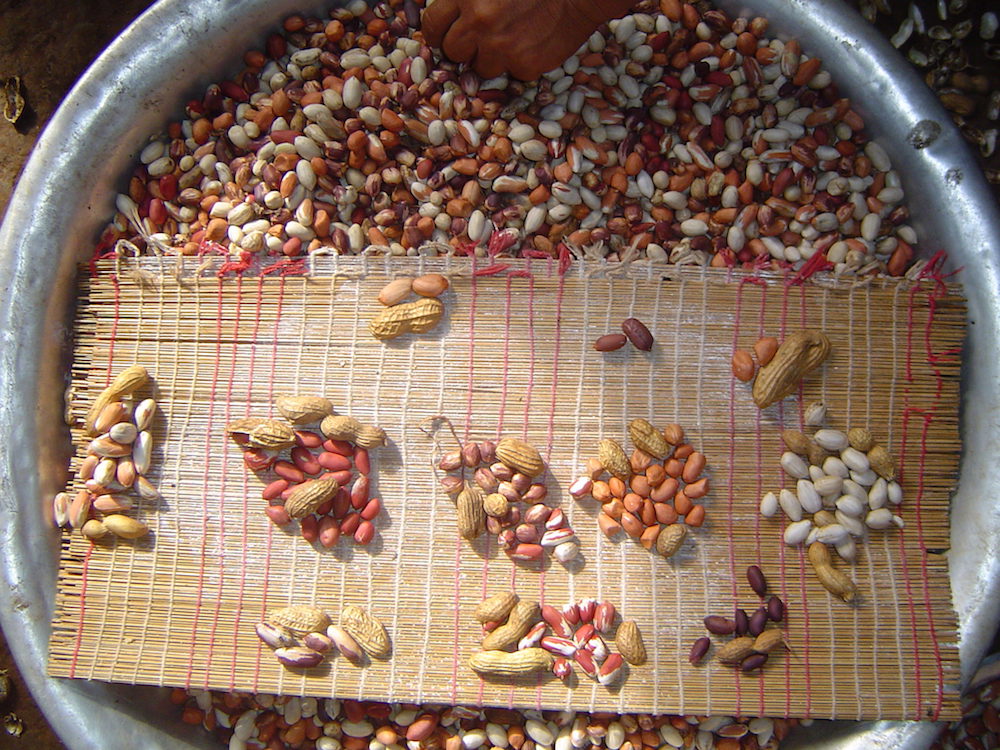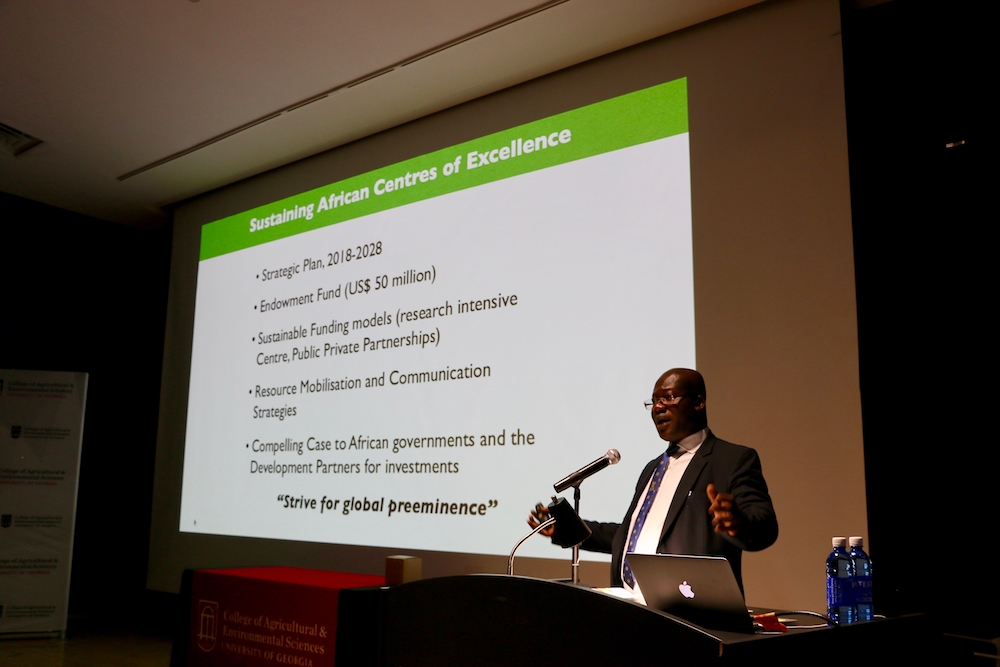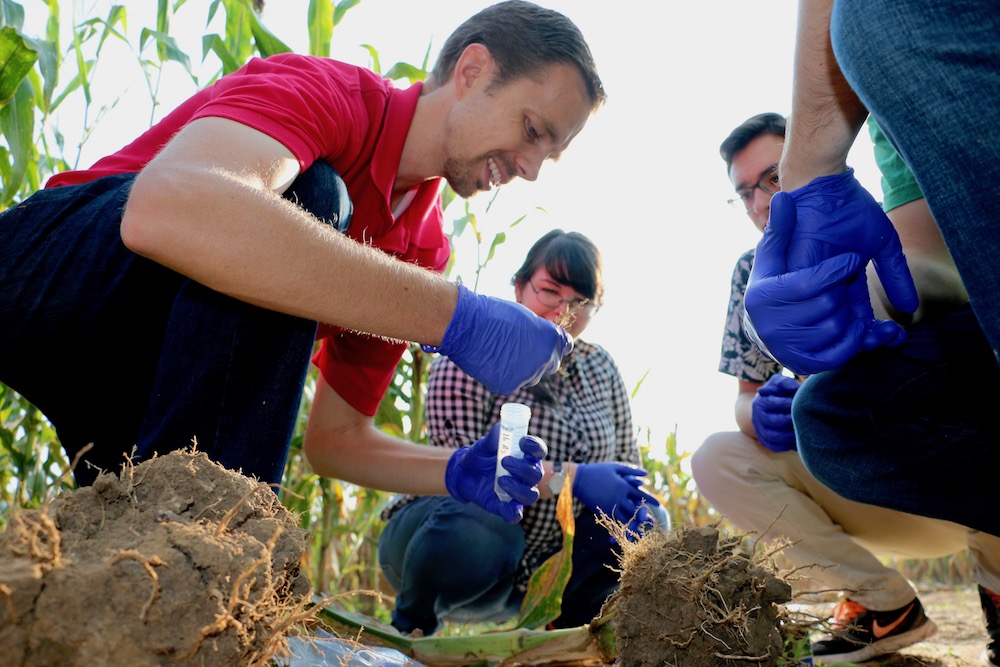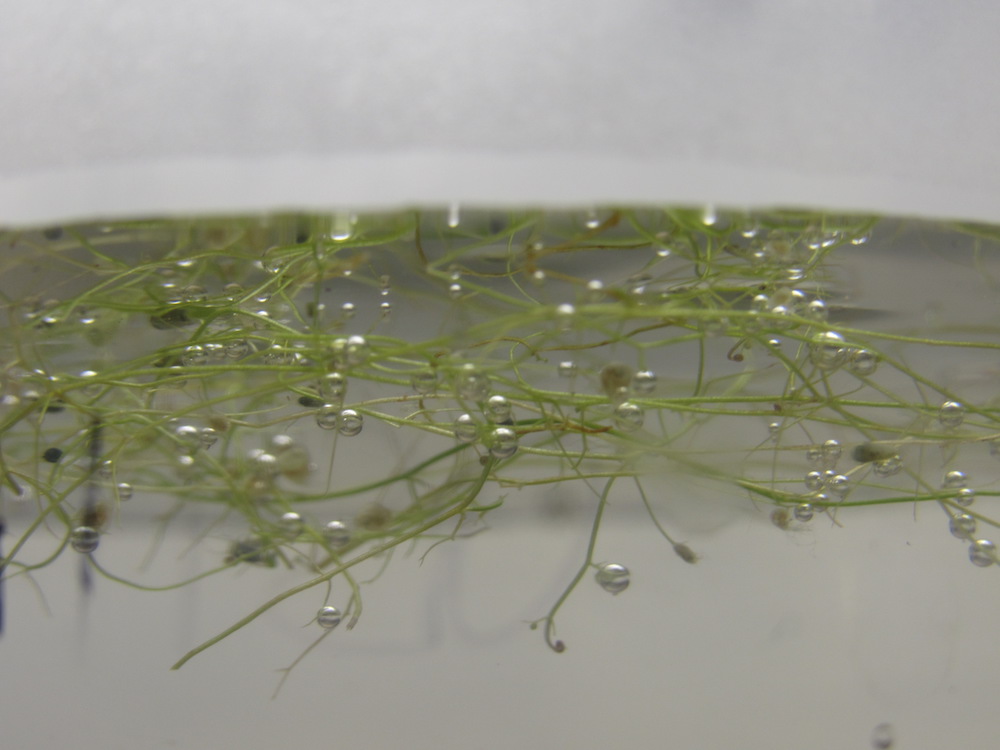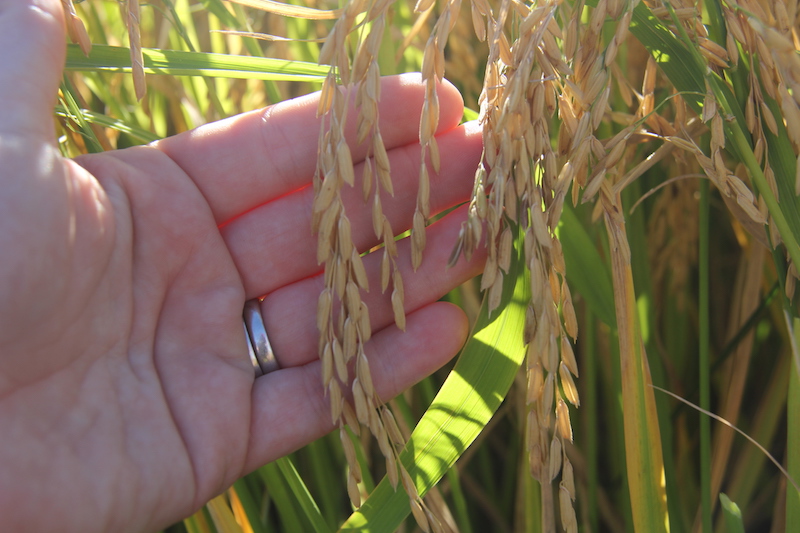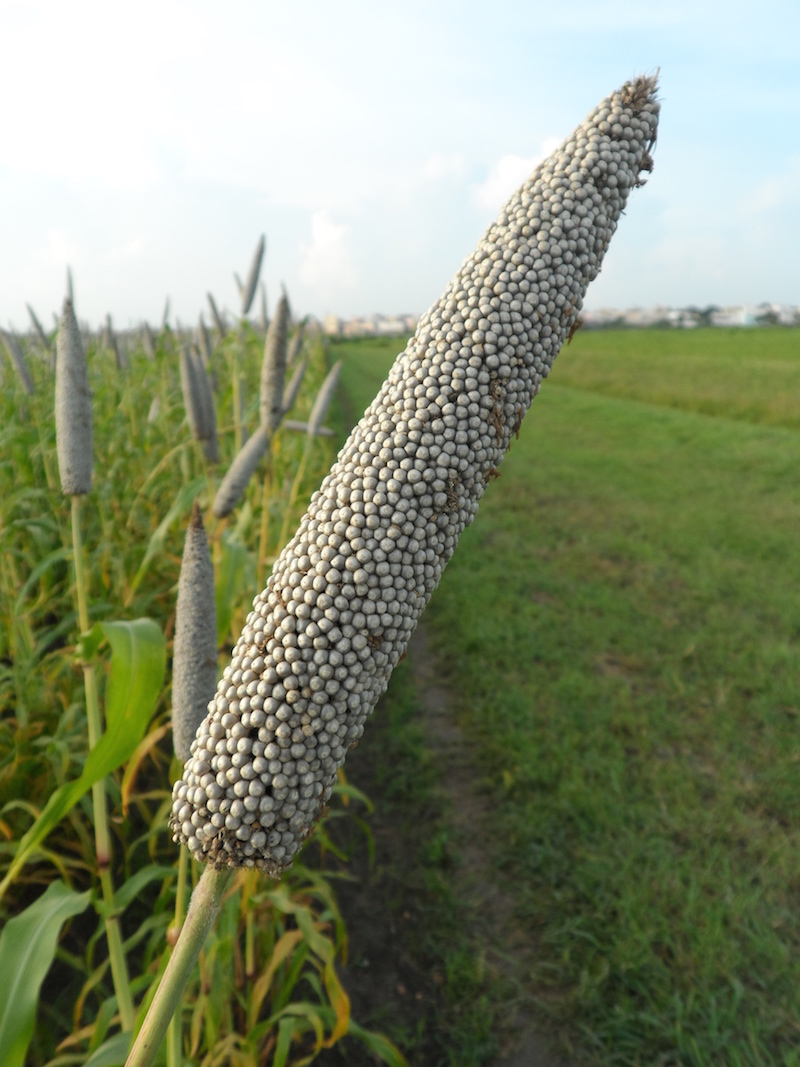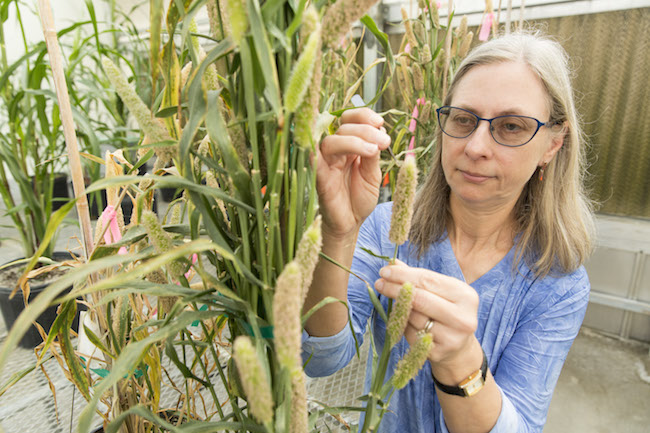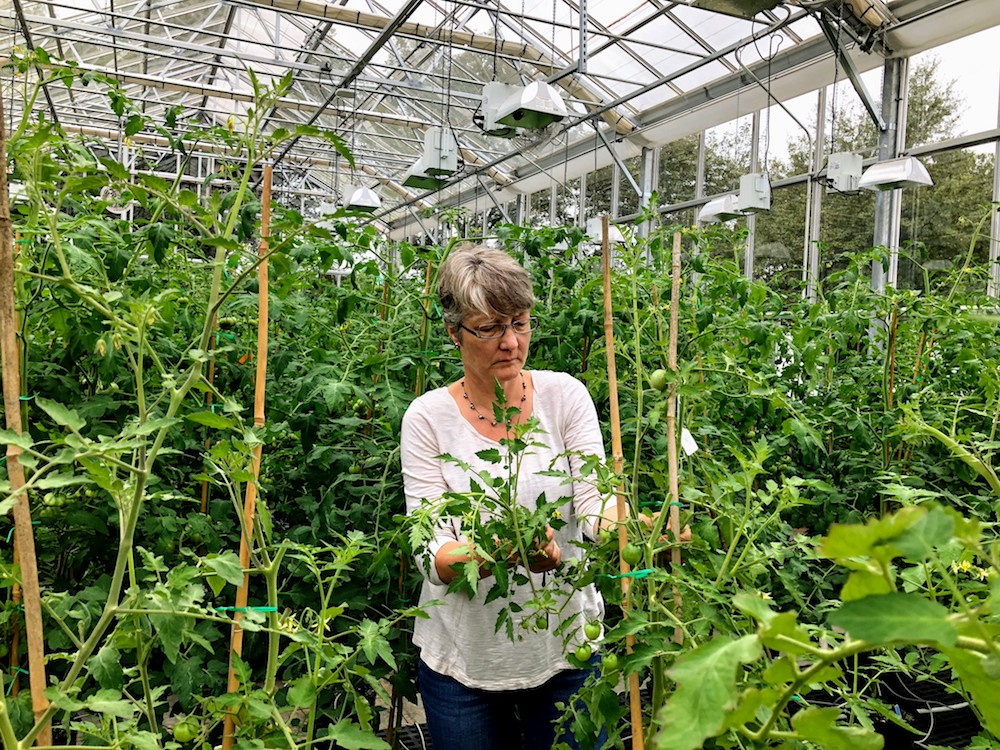 CAES News
CAES News
Tomato Pan-genome
It’s summer, and Georgia gardeners are anxiously awaiting their first tomato harvest. Just in time for those first tomato sandwiches, researchers at the University of Georgia have helped unlock the mystery of what separates today’s tomatoes from their inedible ancestors.

